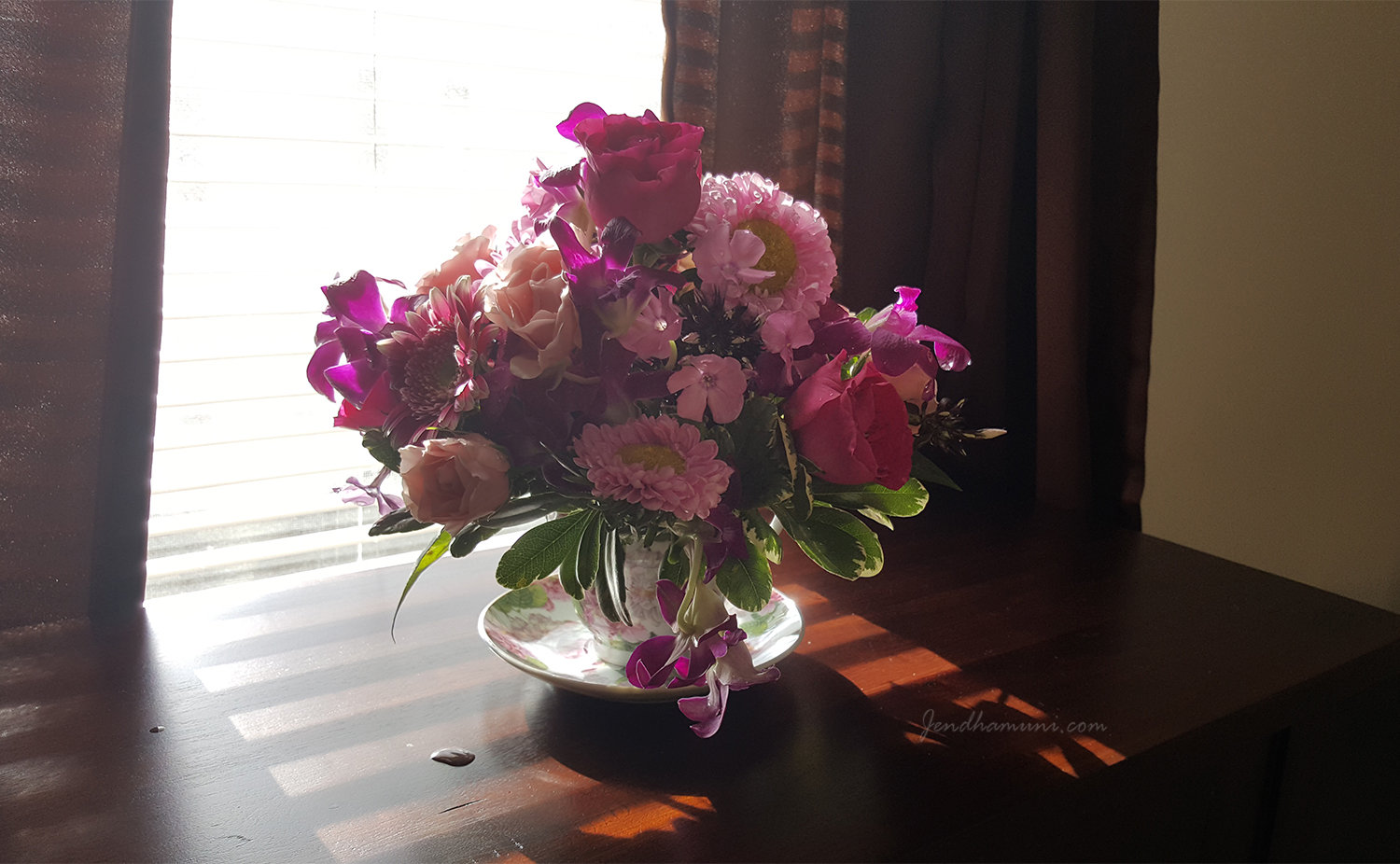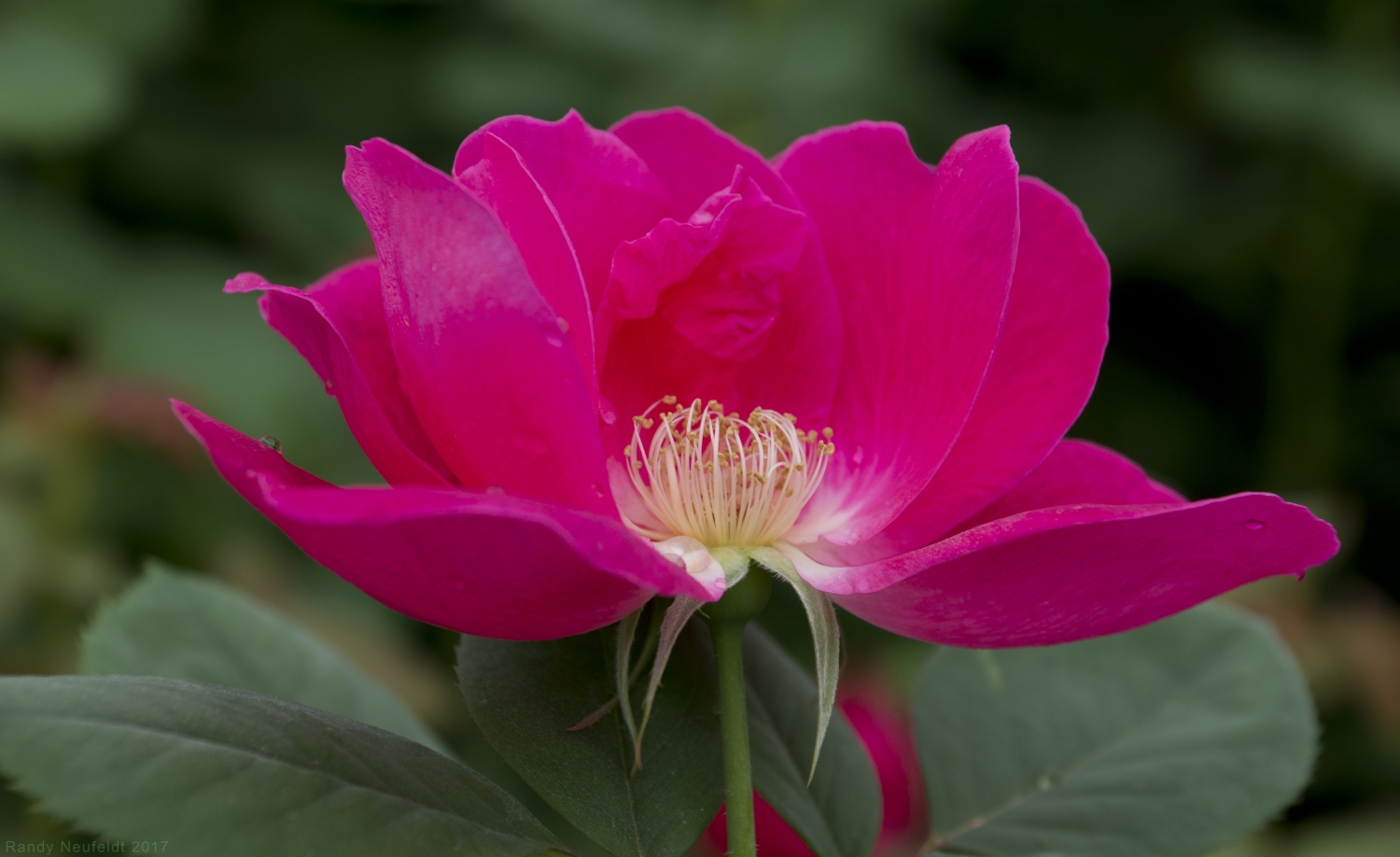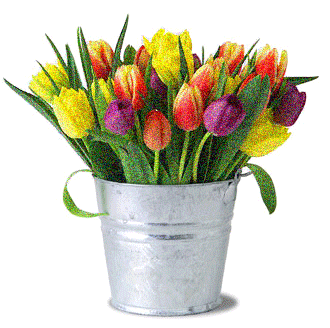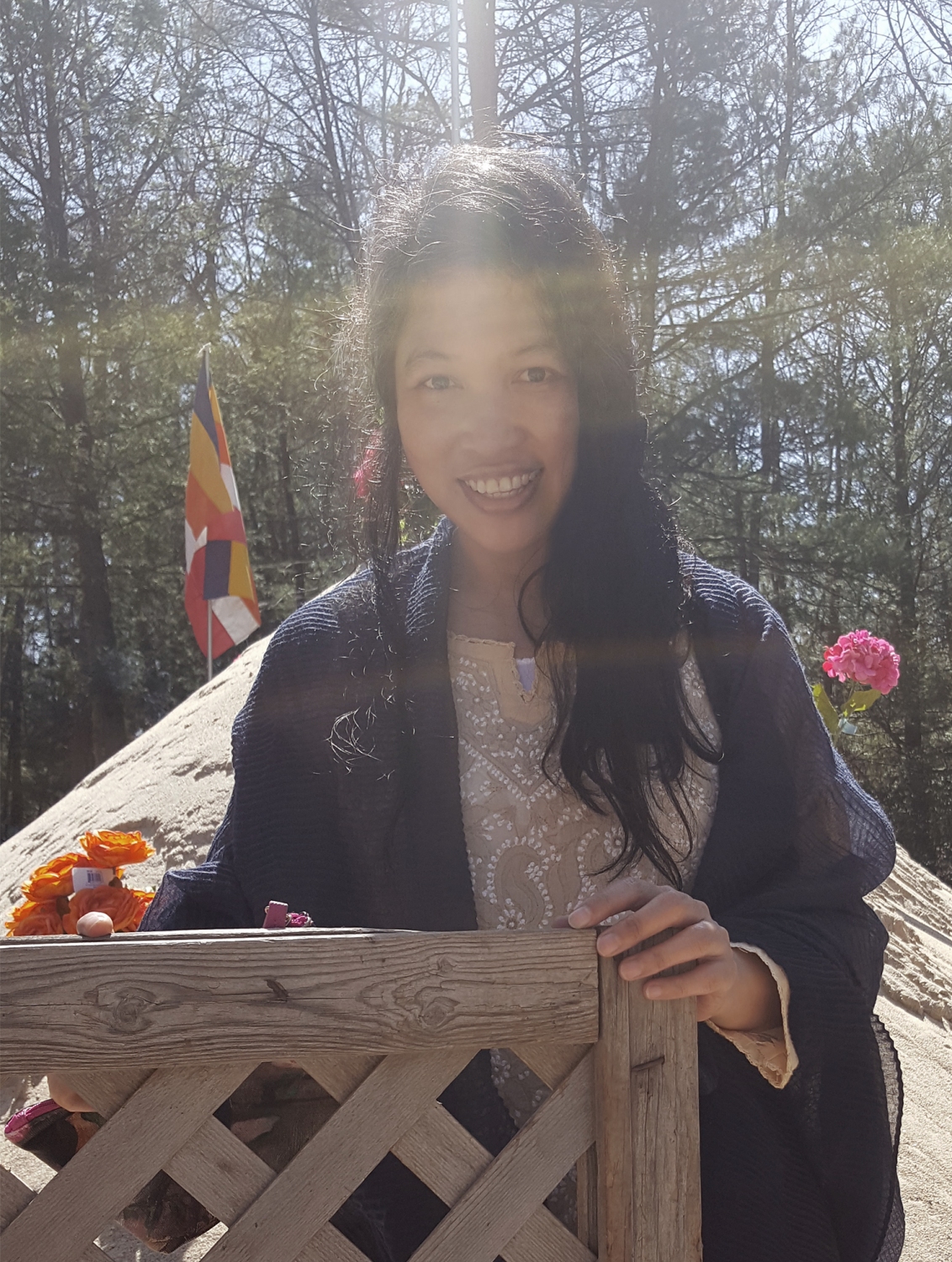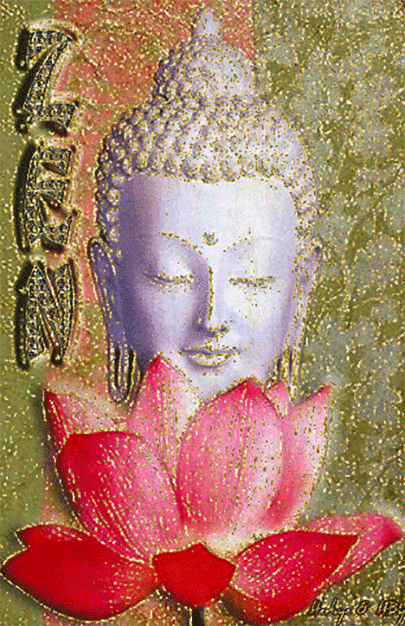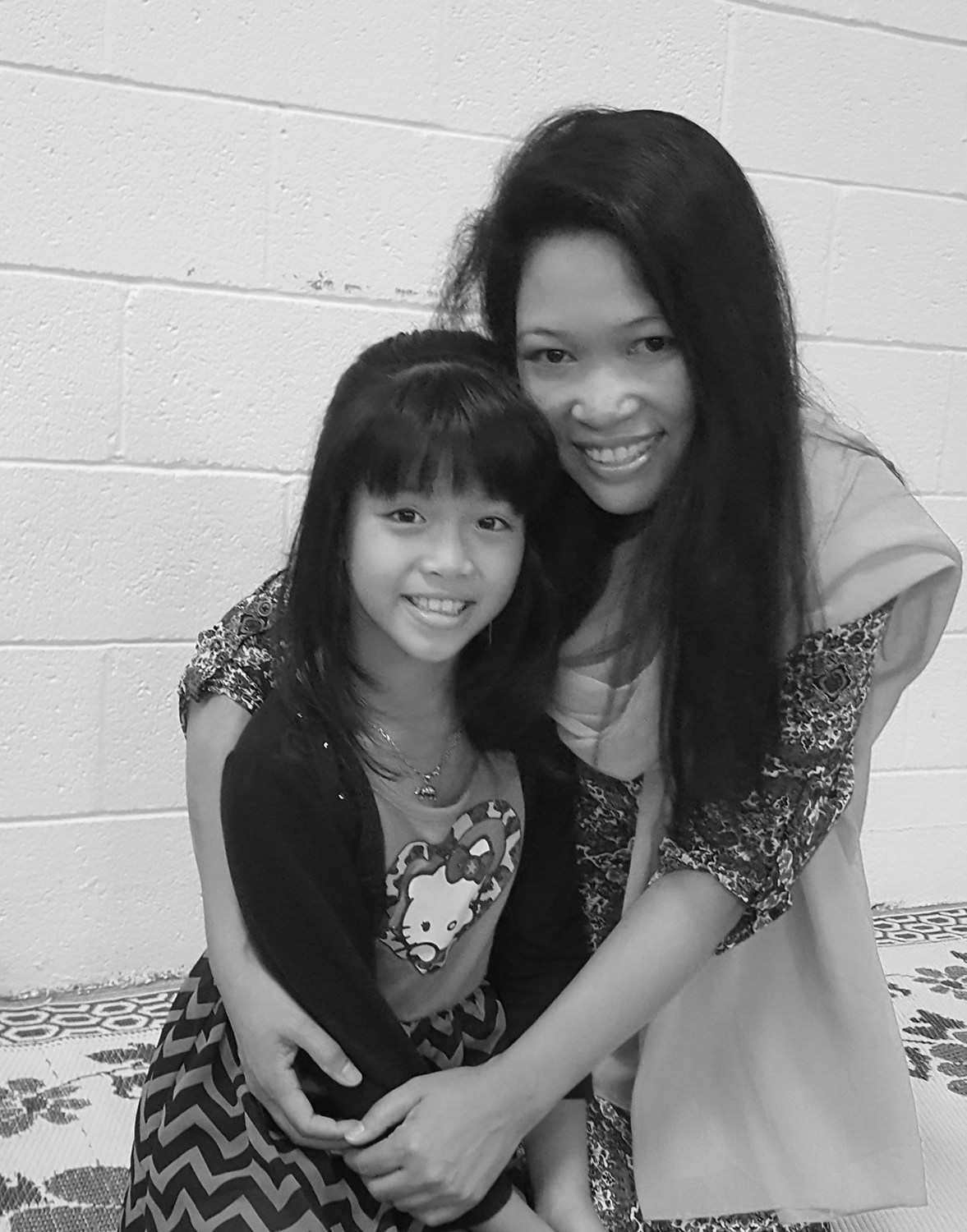-
-
The heart of a mother…
Comment May 13, 2017 -
Whatever your difficulties…
Comment May 11, 2017Whatever your difficulties – a devastated heart, financial loss, feeling assaulted by the conflicts around you, or a seemingly hopeless illness – you can always remember that you are free in every moment to set the compass of your heart to your highest intentions. In fact, the two things that you are always free to do – despite your circumstances – are to be present and to be willing to love. ~Jack Kornfield
-
Transform resentment into forgiveness
Comment May 11, 2017 -
The Story of a Farmer
Comment May 11, 2017Verse 67: That deed is not well done, if one has to repent for having done it, and if, with a tearful face, one has to weep as a result of that deed.
The Story of a Farmer
While residing at the Jetavana monastery, the Buddha uttered Verse (67) of this book, with reference to a farmer who handled poison.
One day, some thieves having stolen some valuables and cash from the house of a rich man came to a field. There, they divided the stolen property among themselves and dispersed; but a packet containing one thousand in cash, having dropped from one of the thieves, was left behind unnoticed.
Early in the morning on that day, the Buddha, on surveying the world with his supernormal power, perceived that a farmer, cultivating near that field, would attain Sotapatti Fruition on that very day. So, the Buddha went there, accompinied by the Venerable Ananda. The farmer on seeing the Buddha paid obeisance to him and continued to plough the field. The Buddha seeing the packet of money said to the Venerable Ananda, “Ananda, look at that very poisonous snake,” and Ananda replied, “Venerable Sir, yes, it is, indeed, a very poisonous snake!” Then, both the Buddha and the Venerable Ananda continued their way.
The farmer, hearing them, went to find out if there really was a snake and found the packet of money. He took the picket and hid it in a place. The owners of the property coming after the thieves came to the field, and tracing the footprints of the farmer, found the packet of money. They beat the farmer and took him to the king, who ordered his men to kill the farmer. On being taken to the cemetery, where he was to be killed, the farmer kept on repeating, “Ananda, look at that very poisonous snake. Venerable Sir, I see the snake; it is, indeed, a very poisonous snake!” When the king’s men heard the above dialogue between the Buddha and the Venerable Ananda being repeated all the way, they were puzzled and took him to the king. The king surmised that the farmer was calling upon the Buddha as a witness; he was therefore taken to the presence of the Buddha. After hearing from the Buddha everything that had happened in the morning, the king remarked, “If he had not been able to call upon the Buddha as a witness of his innocence, this man would have been killed.” To him, the Buddha replied, “A wise man should not do anything that he would repent after doing it.”
Then the Buddha spoke in verse as follows:
Verse 67: That deed is not well done, if one has to repent for having done it, and if, with a tearful face, one has to weep as a result of that deed.
At the end of the discourse, the farmer attained Sotapatti Fruition.
Dhammapada Verse 67
Kassaka VatthuNa tam kammam katam sadhu
yam katva anutappati
yassa assumukho rodam
vipakam patisevati.Source: Tipitaka
-
Once we see that everything is impermanent
Comment May 10, 2017Once we see that everything is impermanent and ungraspable and that we create a huge amount of suffering if we are attached to things staying the same, we realize that relaxing and letting go is a wiser way to live. Letting go does not mean not caring about things. It means caring about them in a flexible and wise way. ~Jack Kornfield
-
Personal responsibility…
Comment May 10, 2017 -
Forgiveness sees wisely
Comment May 9, 2017Forgiveness sees wisely. It willingly acknowledges what is unjust, harmful, and wrong. It bravely recognizes sufferings of the past, and understands the conditions that brought them about. Forgiveness honors the heart’s greatest dignity. Whenever we are lost, it brings us back to the ground of love. Without forgiveness our lives are chained, forced to carry the sufferings of the past and repeat them with no release. ~ Jack Kornfield
-
The heart is like a garden
Comment May 9, 2017 -
Our soul is like a soft and gentle flower
Comment May 8, 2017



